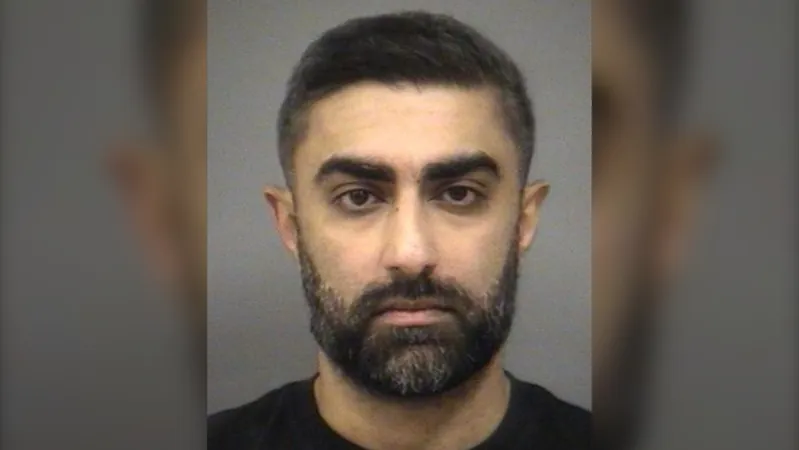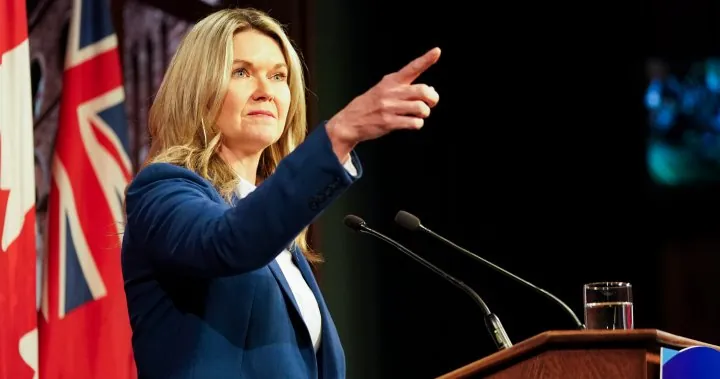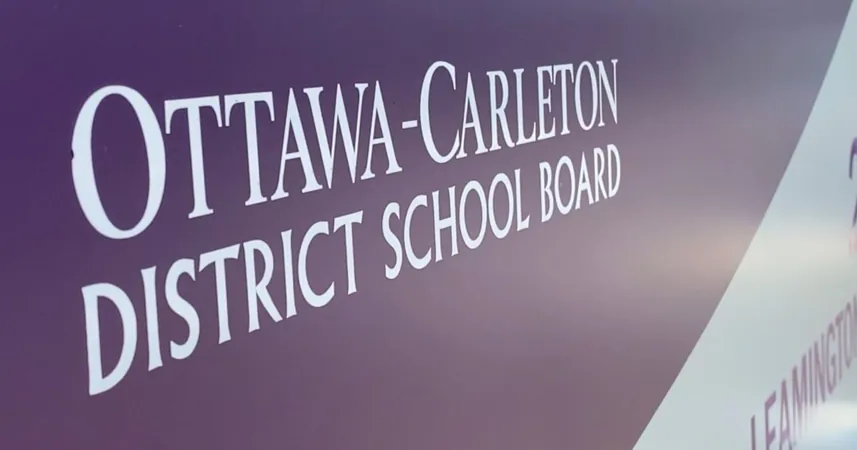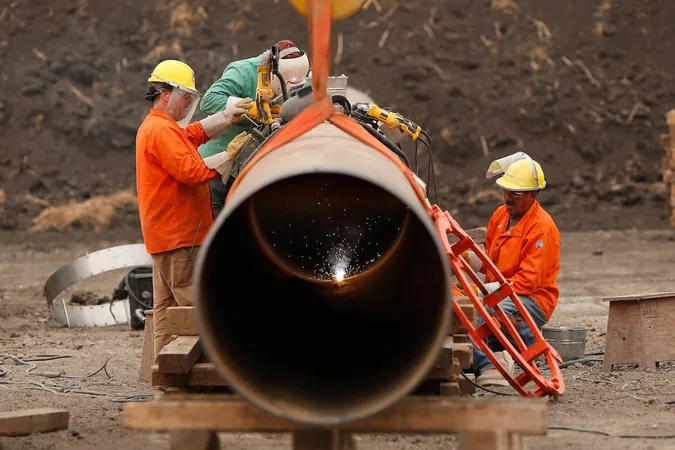
Sri Lanka's Leftist Coalition Clinches Landslide Victory, Promises Economic Relief!
2024-11-15
Author: Jacques
Sri Lanka's Leftist Coalition Clinches Landslide Victory
In a remarkable turn of events, Sri Lankan President Anura Kumara Dissanayake’s leftist coalition, the National People’s Power (NPP), has achieved a stunning landslide victory in the recent snap elections. This significant win empowers the Marxist-leaning leader to initiate much-needed reforms aimed at alleviating the harsh austerity measures that have gripped the nation.
Election Results
As per the official results disclosed by the Election Commission, Dissanayake’s coalition captured 62 percent of the votes, leaving the opposition alliance, Samagi Jana Balawegaya (SJB), trailing far behind. With the counting still underway, the NPP had already secured 107 out of 225 seats in Parliament, while the SJB managed to secure only 28 seats. Remarkably, the NPP led in all but one of the country’s 22 electoral districts.
Voter Turnout and Context
Voter enthusiasm appeared slightly dampened in this election with a turnout of around 65 percent, a drop compared to the nearly 80 percent participation observed during the presidential elections in September.
Background on Dissanayake's Leadership
In the previous presidential election, Dissanayake rode the tide of public discontent against the austerity measures implemented by his predecessor, Ranil Wickremesinghe. These measures were part of a stringent bailout package secured with the International Monetary Fund (IMF) aimed at stabilizing an economy devastated by years of mismanagement, exacerbated by the COVID-19 pandemic and the tragic 2019 Easter bombings.
Snap Elections and Political Shift
Recognizing the urgent need for new leadership, Dissanayake called these snap elections after his coalition previously held only three seats in the outgoing Parliament. The 55-year-old leader, who heads the Janatha Vimukti Peramuna (JVP), expressed firm confidence in a strong electoral outcome prior to the polls. "We believe that this election marks a turning point for Sri Lanka," he declared, emphasizing the need to sustain the political shift that began with his presidential victory.
Economic Challenges and Promises
Dissanayake, who has a tumultuous past as a leader of a revolutionary movement during the 1970s and 80s, made bold promises to fight against corruption and explore "alternative means" to boost Sri Lanka's finances without overburdening the impoverished population. While he had previously criticized the IMF deal during his campaign, he now seems to align with its essential objectives while pledging to prioritize the welfare of struggling citizens.
The Broader Context of the Crisis
Sri Lanka has not only faced political upheaval but is also navigating through its worst economic crisis since gaining independence in 1948. Last year, widespread protests erupted as inflation soared and basic necessities like fuel and food became scarce, forcing then-President Gotabaya Rajapaksa to resign amid mounting public dissatisfaction. His successor, Wickremesinghe, though able to stabilize certain economic metrics, faced backlash for unpopular revenue-raising strategies such as increased electricity tariffs and taxes.
Public Sentiment and Future Expectations
With the NPP’s commanding victory, the Sri Lankan populace is hopeful for a fresh approach towards revitalizing the economy, creating jobs, and ultimately restoring dignity and solace to a nation wearied by turmoil. Will Dissanayake's new mandate deliver the long-awaited change? Only time will reveal the true impact of this pivotal election on Sri Lanka’s future!









 Brasil (PT)
Brasil (PT)
 Canada (EN)
Canada (EN)
 Chile (ES)
Chile (ES)
 España (ES)
España (ES)
 France (FR)
France (FR)
 Hong Kong (EN)
Hong Kong (EN)
 Italia (IT)
Italia (IT)
 日本 (JA)
日本 (JA)
 Magyarország (HU)
Magyarország (HU)
 Norge (NO)
Norge (NO)
 Polska (PL)
Polska (PL)
 Schweiz (DE)
Schweiz (DE)
 Singapore (EN)
Singapore (EN)
 Sverige (SV)
Sverige (SV)
 Suomi (FI)
Suomi (FI)
 Türkiye (TR)
Türkiye (TR)